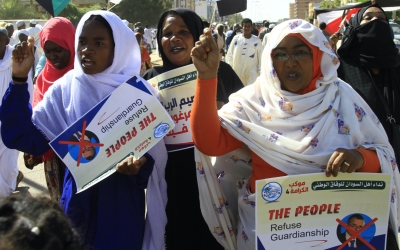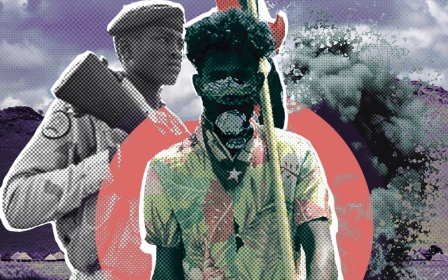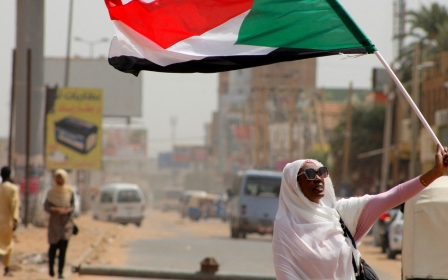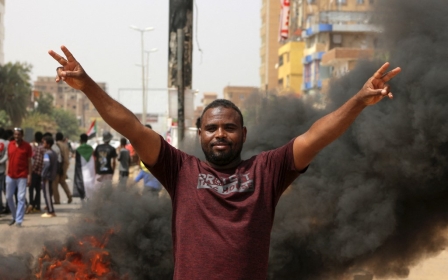Sudan military and civilian leaders sign agreement to end coup
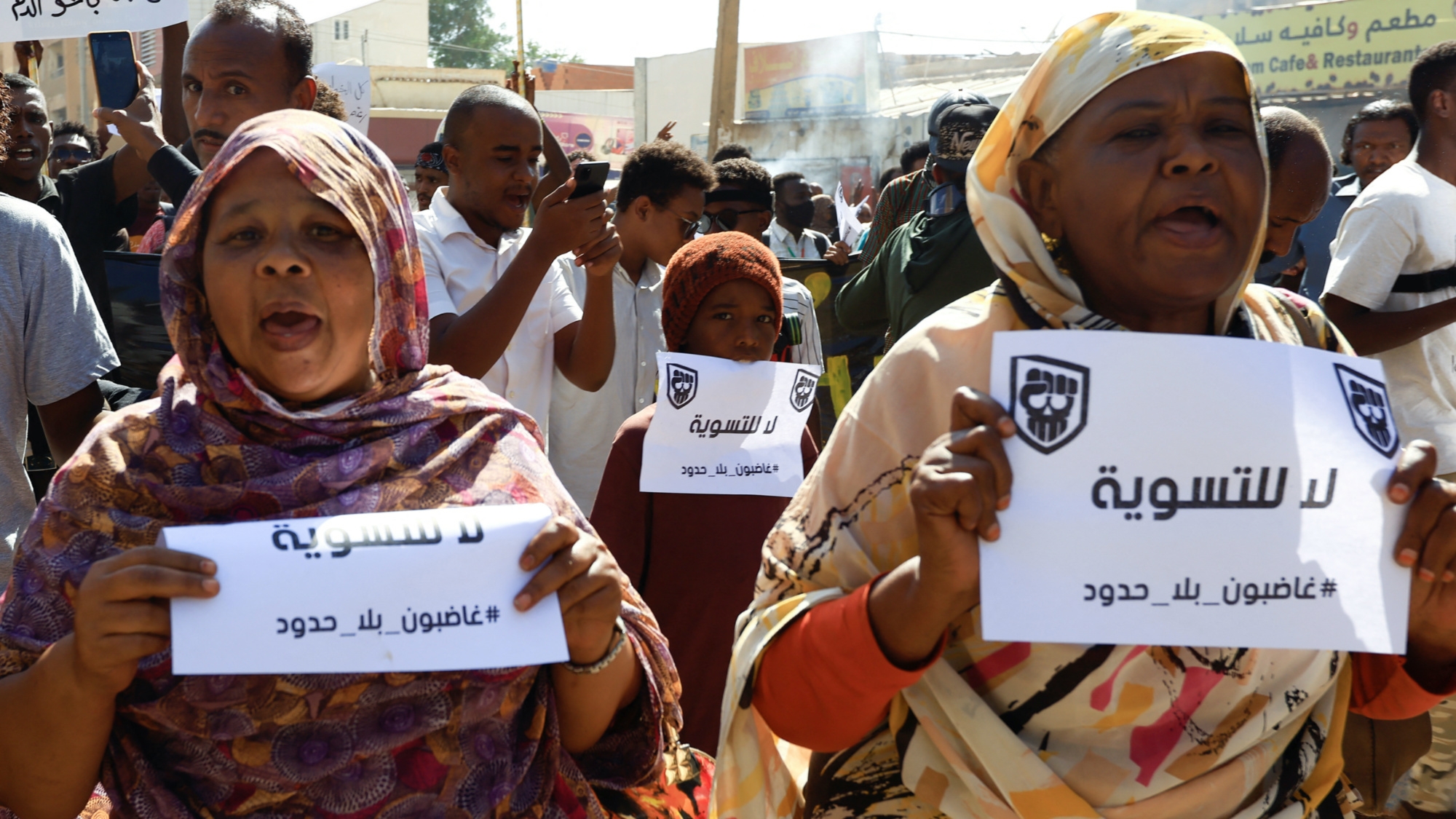
Sudan's military and civilian leaders on Monday signed a preliminary deal to end military rule that has run the country since an October 2021 coup, and enable a two-year civilian-led transition towards elections.
The signatories to the agreement include the military, civilian groups under the umbrella of the Forces Freedom and Change (FFC), the Islamists Popular Congress Party (PCP), part of the Democratic Unionist Party (DUP), some rebel movements, Salafists, tribal leaders and some civil society organisations.
The deal will reportedly guarantee the exit of the military from politics and enable a "full civilian democratic rule". The two-year transitional period is set to begin after the appointment of a prime minister by the civilian groups.
A previous transition from military rule following the overthrow of President Omar al-Bashir in 2019 was derailed after two and a half years when the military seized power in October 2021.
Addressing the ceremony, which was attended by regional and international powers, military chief General Abdul Fattah al-Burhan and his deputy and chairman of the Rapid Support Forces (RSF), Mohamed Hamdan Daglo (Hemedti), vowed that the military will no longer interfere in politics and governance, will protect the transition and put an end to repeated coups in Sudan.
New MEE newsletter: Jerusalem Dispatch
Sign up to get the latest insights and analysis on Israel-Palestine, alongside Turkey Unpacked and other MEE newsletters
Some issues will need to be addressed through talks between the two sides in order to finalise the agreement.
These include transitional justice, reforms to the military and security sector, establishing a unified and professional army, an assessment of the Juba Peace agreement with rebels, a structural dismantling of the former regime, and addressing the crisis in Eastern Sudan, including its stability and development.
“The army will go back to its barracks but the political parties have to aim for the elections, instead of ruling in the moment. We are committed to exit from politics and stop interfering in the political life and we expect the politicians to stop interfering with the army," Burhan told the ceremony.
“We sat to agree on national issues. This agreement is not the end but it opens the door for more talks with the entire civilian powers in order to reach more understandings. So, we signed this agreement to save the country and achieve a national consensus."
For his part, Hemedti admitted that the military coup was a political mistake that had opened the doors for the old regime of deposed ruler Omar al-Bashir to return to the scene.
“We have to stop the politicisation of the army, stop the army's intervention in politics, continue with the peace process, solve the issue of conflicts, and spread democracy," Hemedti said.
"I promise to protect the transition until the election."
Meanwhile, Elwathig al-Berir, representative of the civilian powers, stressed that the agreement has laid the basis for full civilian rule in Sudan without any presence of the military in power.
However, hundreds of pro-democracy protesters staged demonstrations in the capital Khartoum and other states to voice their rejection of the deal.
Resistance committees marched around the presidential palace, raising slogans against military rule and the agreement.
Around 137 protesters have been killed since the military coup of 25 October 2021.
"This agreement is only ink on paper and we will bring it down very soon, much like the agreement between the former prime minister [Abdalla Hamdok] and the military in November 2021. We will not be ruled by the military again," the resistance committees said in a statement before the deal was inked.
Middle East Eye delivers independent and unrivalled coverage and analysis of the Middle East, North Africa and beyond. To learn more about republishing this content and the associated fees, please fill out this form. More about MEE can be found here.


